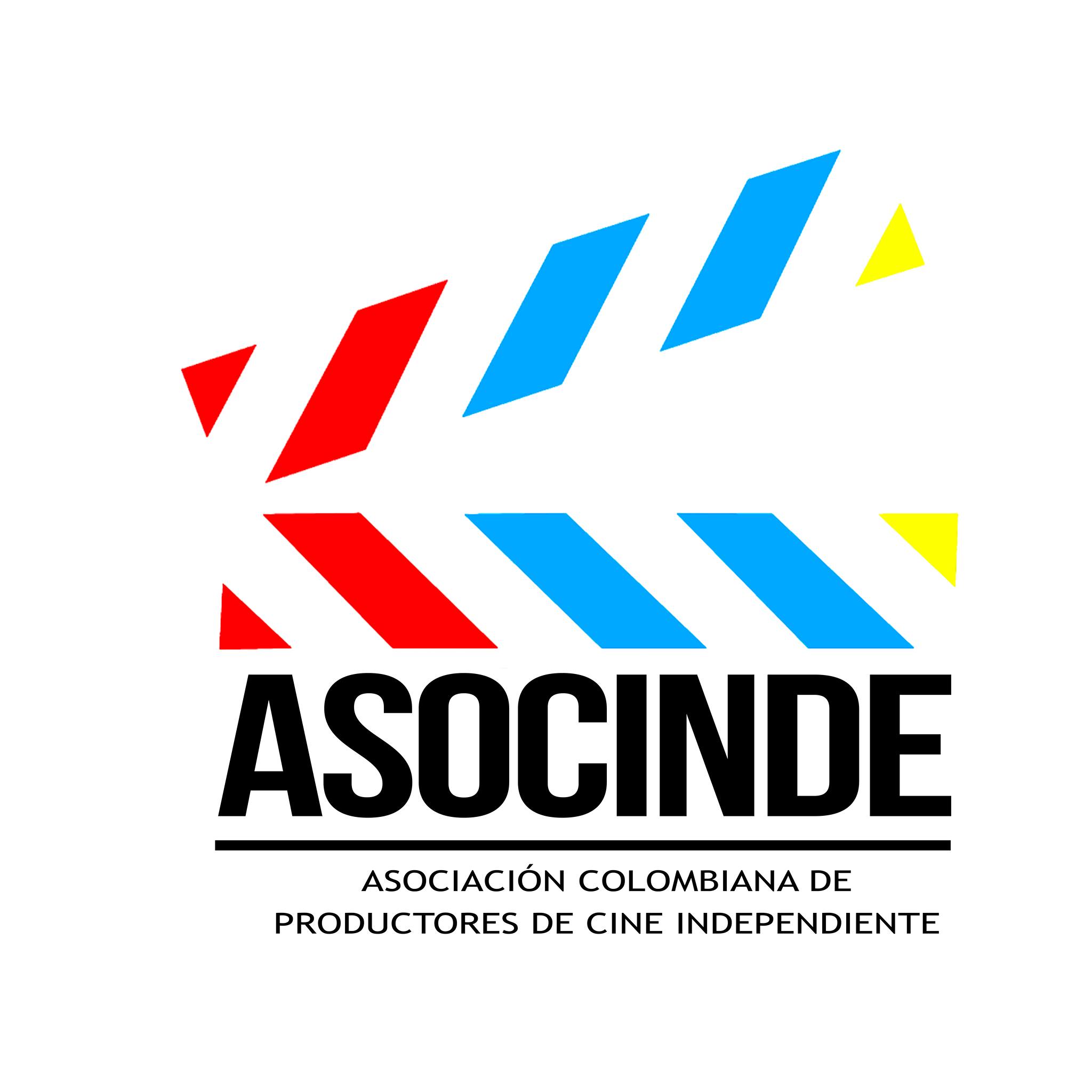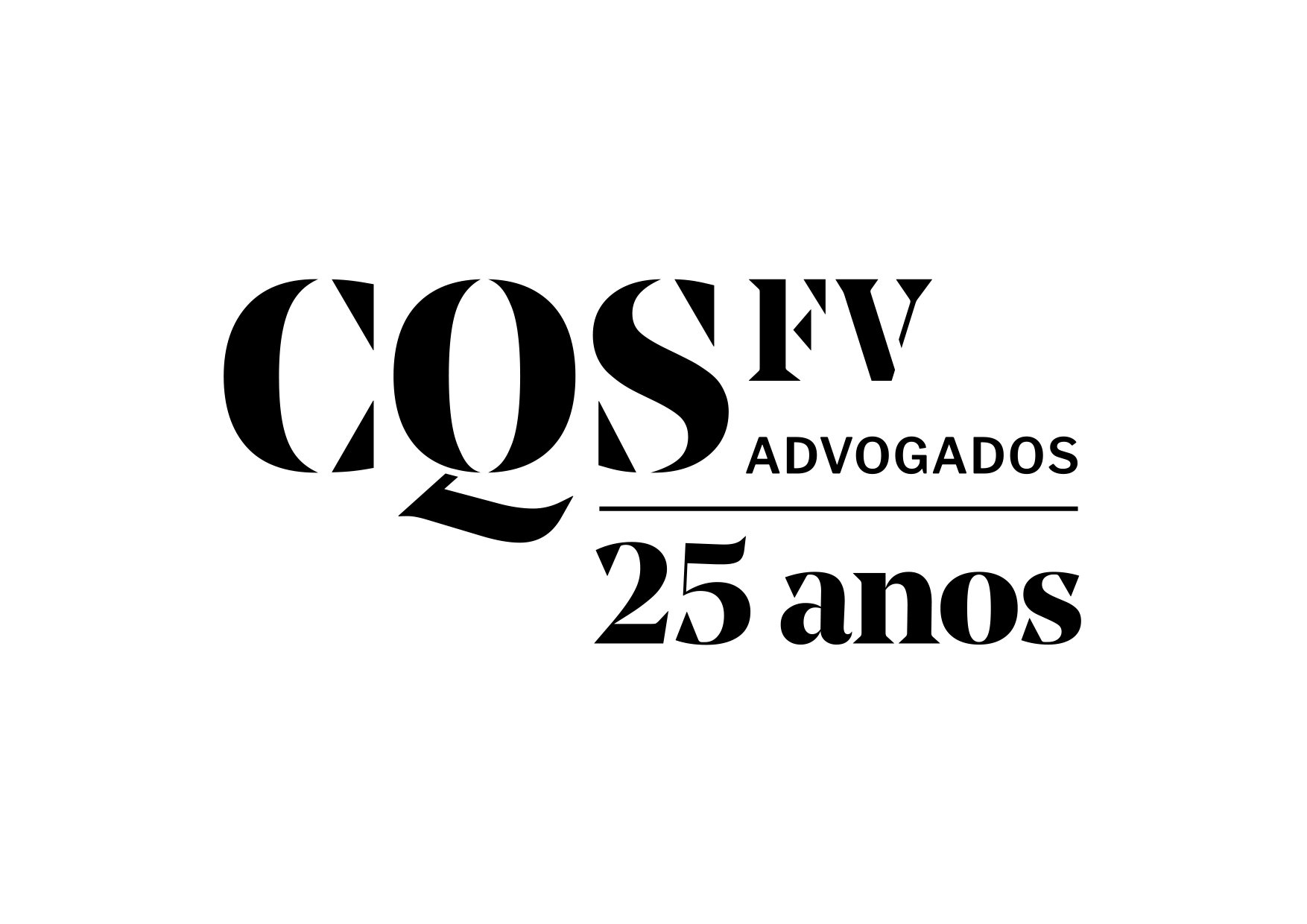“Zero” on the International Incentive Scoreboard
A Film Commission (FC), the internationally-recognized denomination for an audiovisual production support office, offers aid ranging from logistical support to facilitation of permits for local filming of all types of audiovisual content. The principal objectives of a film commission, beyond the efficient support provided to producers, include the promotion of the city or region as a privileged destination for shooting.
There are numerous reasons for creation of a FC, including the promotion of local tourism, culture and the visibility of a region, as well as political interests. However, in Brazil, as in the majority of countries, the principal motivation continues to be economic development and job creation in the jurisdiction.
The economic benefits generated by on-location filming, supported by FC’s, are extremely attractive. In the US, for example, according to data of the Motion Picture Association of America (MPAA), the on-location shooting of a major studio feature film generates approximately $200,000 per day. It is precisely such benefits that influenced the decisions for shooting “Lord of the Rings” in New Zealand, “Game of Thrones” in Spain, Braveheart” in Scotland and Ireland, “Evita” in Hungary, “007 Skyfall” in Istanbul, among others.
However, a Hollywood Studio film is not necessary in order to realize the benefits of location filming. The increase in production of all formats of audiovisual content in Brazil, and especially independent TV production, as a function of the recent law No. 12.485/11 (Pay TV Law), has stimulated a “boom” in filming throughout Brazil, which has contributed to economic development and job creation.
It is no surprise that there is a lively competition among countries and film commissions all over the world to offer locations, infrastructure, support and, even more specifically, a broad range of tax credits, subsidies and rebates to lower production costs of films TV series and commercials. Using economic impact studies, these countries have demonstrated that the economic resources applied to these incentives are multiplied two and even three times over when returned to the public coffers.
Incentives vary widely according to the type of project, and include support for post-production, special effects, digital production, games, TV and animation. These benefits are so sought after that every week, film industry trade publications like “Variety” and “Hollywood Reporter” provide updates on the rivalries.
In the US, almost every state offers some kind of film production incentive, but currently the two states considered to be the most attractive are Georgia and Louisiana, which offer 20% and 30% production tax credits respectively, and have good reputations for administering their incentives.
The international global scenario is crowded with countries seeking to win the competition for best production incentives. The newest player, according to “Variety,” is Thailand, which, despite its military regime, is preparing to enter the race offering a 15% rebate for foreign productions’ local expenditures, plus an additional 10% rebate if the film projects a positive image of the country. The Ministry of Sports and Tourism estimates that the incentive could generate up to U$57 million per year. Other notable rivals listed on the global incentive scoreboard are Holland, Hungary, Abu Dhabi, New Zealand, France, Italy and Canada, in addition to the Latin neighbors Colombia, Mexico, Panama, Dominican Republic and Puerto Rico. Unfortunately, Brazil has not yet entered the world ranking of countries offering foreign production incentives.
The most impressive example of the importance of production incentives in recent filming decisions is the new Chilean film “Los 33,” the survival drama starring Antonio Banderas and Rodrigo Santoro, about the 33 minors trapped in a copper mine for two months. Unfortunately for Chile, which dreamed of the global visibility that the film would generate for the country, “Los 33” was the first film project to benefit from the international production incentive of the Colombia Film Commission, which offers a 40% rebate for production services, plus 20% for logistic services, such as transportation and catering.
In Brazil, the Film Commission fever continues to spread. In 2008, there were 19 film commissions “engaged in efforts to attract international audiovisual productions and to position the country as a competitive provider of locations in the global entertainment market.” At present, according to the Brazilian Film Commission Network – REBRAFIC www.rebrafic.net, there are 26 film commissions spread all around the country, including 10 formally established and sixteen in development.
Who are the beneficiaries of on-location filming activities? In addition to the economic impact and job creation in the region, the primary, direct beneficiaries are the audiovisual content producers. For that reason, the principal associations of content producers are represented on the REBRAFIC Advisory Board: Brazilian Association of Independent TV Producers – ABPITV, Interstate Audiovisual Industry Union – SICAV, São Paulo State Audiovisual Industry Union – SIAESP, Brazilian Association of Audiovisual Works Producers – APRO, Cinema Foundation of Rio Grande do Sul-Fundacine and Cinema do Brasil.
The main objectives of REBRAFIC are to ensure a standardized, high level of support for national and international producers, promote all regions of Brazil as premier locations for national and international productions, and organize and make available information on film commissions and filming locations throughout the country.
REBRAFIC will be the driving force behind film commissions in Brazil, which serve as engines of economic development in their regions, and will work to catalyze the campaign to create incentives for the attraction of international films to Brazil, with the objective of ensuring Brazil’s place as a player in the global audiovisual scene (and scoreboard).
Steve Solot
Executive Director, Brazilian Film Commission Network – REBRAFIC www.rebrafic.net
President, Rio Film Commission www.riofilmcommission.com
(Translated from the original Portuguese – www.culturaemercado.com.br/site/destaque/zero-no-placar-de-incentivo-as-filmagens)












